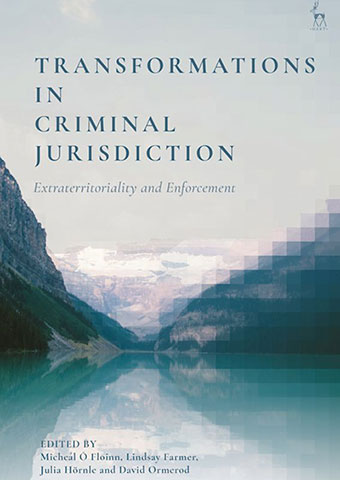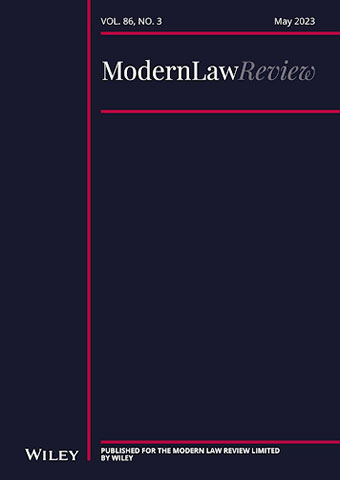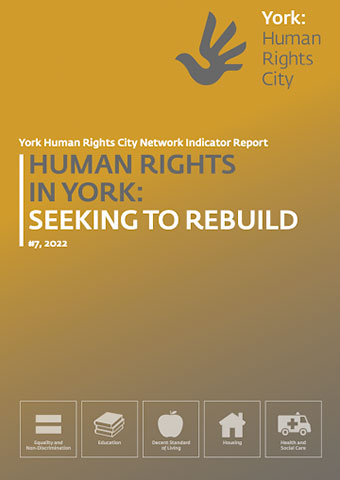
Rethinking state and local power
Publication highlights

'Human Rights as Penal Drivers Across the World' by Mattia Pinto in The Transformation of Criminal Jurisdiction: Extraterritoriality and Enforcement.

'Coercive Human Rights and the Forgotten History of the Council of Europe's Report on Decriminalisation' by Mattia Pinto in The Modern Law Review.

Postgraduate study
CAHR hosts MA, LLM and PhD students. Join us to gain more than just a qualification.
